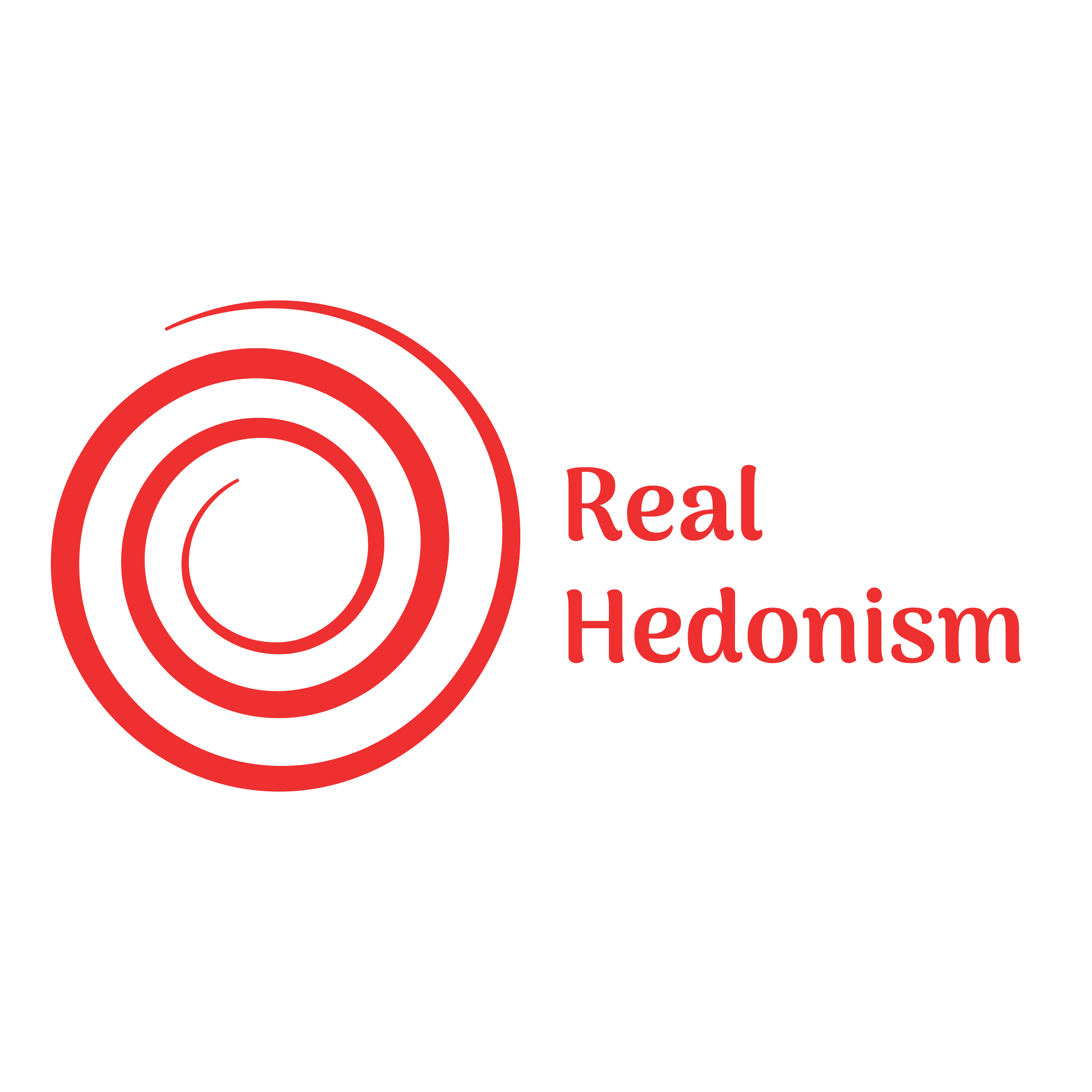A Long Time Coming
“Nothing is as powerful as an idea whose time has come.” -Victor Hugo
There have been Hedonists for as long as there have been humans. Not just the passive Hedonism that we see all throughout the animal kingdom, where animals move toward pleasure and away from pain, but active, thoughtful Hedonism.
In the days before Christianity, you could find Hedonist sects all over. There were Epicureans and Cyrenaics in the West, Charvakas and Yangists in the East. They were often philosophical revolutionaries in their times and places, as their beliefs undermined the power of the ruling authorities. It is quite difficult to force Hedonists to do things which go against their pleasure, so the ruling classes of Stoics and Christians and Hindus and Confucianists burnt nearly everything the Hedonist philosophers wrote to try and stop the spread of Hedonism.
We mourn the loss of the wisdom of our predecessors.
We also must look around and ask ourselves, what makes this time different? What will stop the ruling classes all across the globe from destroying our movement today just like they did in the past?
One of the most important answers is that this time around, we have the power of context on our side.
In the past, there simply was not enough to go around. Even the elites (as recent as the 1800s, let alone way back in 300 BCE when Epicurus was alive) lived pretty shitty lives. In a context of scarcity, it is not uncommon for the Hedonic instinct to push people toward belief systems that make them feel better about the suffering they cannot escape. When life is awful with no real hope of improvement, convincing people that pleasure is not important can paradoxically make them feel better.
One of the reasons Christianity and Hinduism have been so powerful is that they create a worldview that assures individuals that even if their life is filled with suffering, it isn’t for nothing. If you do all the right things and play by all the right rules, both Hinduism and Christianity promise individuals that they will live far better in the next life or the afterlife. Whether or not that is true doesn’t necessarily matter in the here and now as much as the fact that this promise makes people feel better about the suffering they experience on a daily basis.
Similarly, Stoics and Confucians are somewhat well known for their ability to endure hardship. As their life’s meaning comes from, in different ways, their duties to the world around them, suffering is often conceptualized as a necessary sacrifice. That conceptualization of sacrifice gives them a sense of contentment that is not so easy to find in a world full of suffering.
From the individual’s point of view, these belief systems make life easier to endure. But from the point of view of the people in charge, these belief systems make individuals easier to manipulate. It is extremely difficult to force Hedonists to do things they don’t want to do. By comparison, it is quite easy to get Christians to do things they don’t want to do by saying it is in service of god or Confucians by saying it is in service of the emperor. An individual is much more likely to accept extreme inequality or going to war if they believe that their happiness in life ultimately isn’t very important.
In the past—a world of scarcity—belief systems that rejected pleasure had a leg up. The difference today isn’t that there are literally more raw resources, in fact, the opposite is true. The difference today is that we know far more about how nature functions, which allows us to make better use of fewer resources.
In the past, people’s understanding of nature left them pretty much completely at the mercy of the weather to keep them from dying of hunger and at the mercy of their immune systems to keep them from dying of disease. Now with things like the green revolution and germ theory, we know that tweaking how we do things in a hundred small ways can make the difference between life and death. Between pleasure and pain.
We now live in a world that has an organization problem rather than a scarcity problem. Dealing with inequality and making sure that everyone has a higher standard of living is no small thing, no doubt about that. But today, it is technically feasible to do so.
The more that people around the world realize this, the more likely they will be to put their faith in actions that make their lives better here and now rather than actions that are primarily focused on achieving some pleasurable outcome after death. Whereas even Hedonists had to accept and adjust to almost constant suffering as a fact of life in the past, everyone else must now accept and adjust to a world where constant suffering is less a fact of life and more a solvable problem.
As we solve problems that bring people further and further away from constant suffering, more and more of the beautiful people on this planet will give less priority to ideas about things they cannot see or feel and more priority to the pleasures all around them, not just for themselves, but for everyone.
Once upon a time, the idea of creating paradise on Earth was just a dream. Now as we see the foundations being built around us (such as the decrease in global rates of extreme poverty), Hedonism will naturally rise as the belief system most attuned to our new reality.

